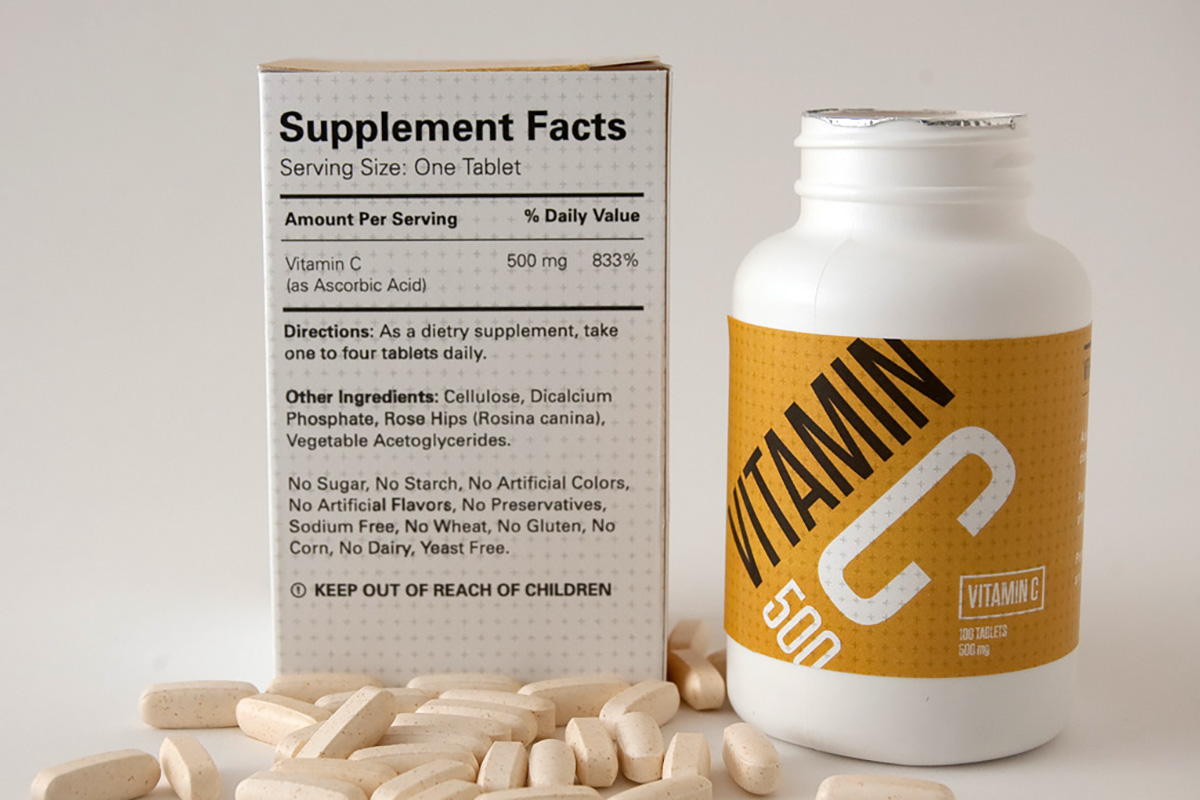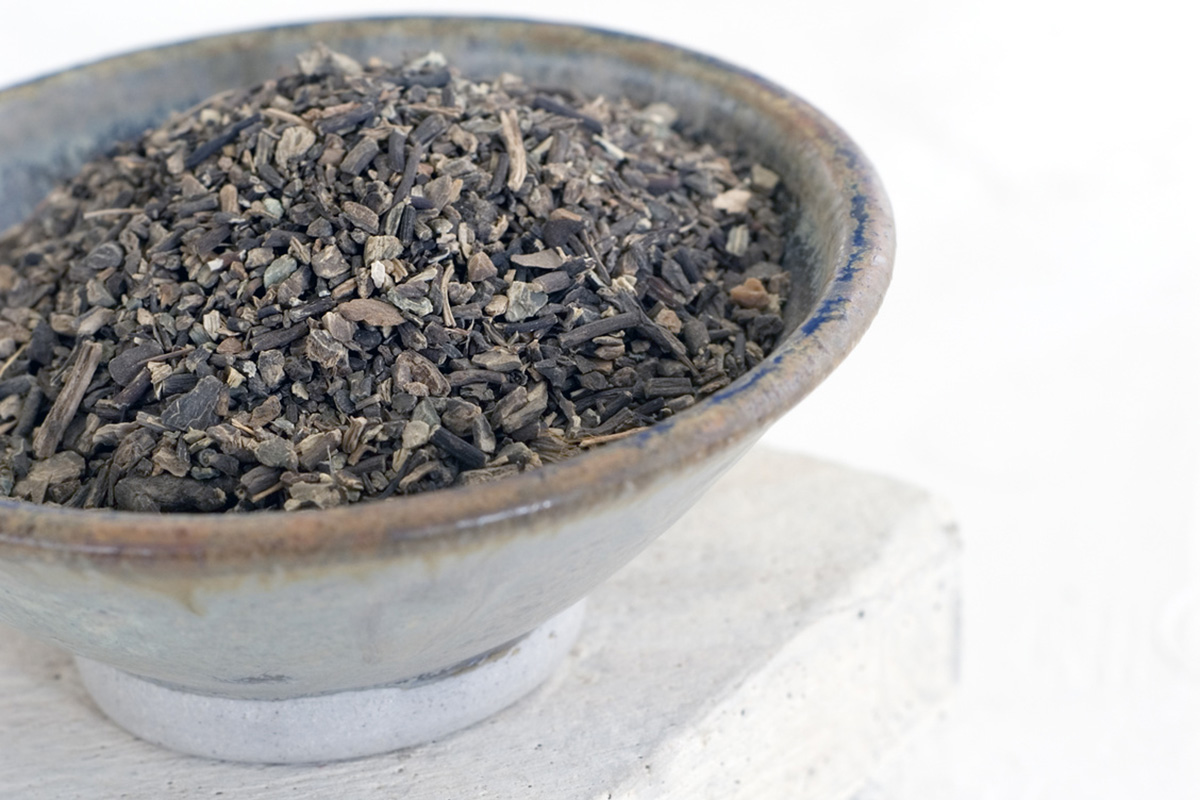The standing medical opinion is that up to 75 percent of American women suffer hot flashes at some point in their lives. This hot flash phase can last from months to over 14 years for an unlucky few, according to the latest findings of the Study of Women’s Health Across the Nation (SWAN).
The good news for these masses of menopausal women is that seeking relief from nasty overheating and the drenching cold sweat that usually follows has never been more promising. Estrogen therapy is the most common choice among medical professionals, but selective serotonin reuptake inhibitors (SSRIs) are widely accepted as a good alternative for some women, including breast cancer survivors who are not candidates for estrogen therapy or those who shy away from taking estrogen.
However, self-treating with over-the-counter dietary supplements such as black cohosh, known to ease menopause symptoms, takes consumers from the premarket approval realm of drugs to the buyer-beware market of herbals, botanicals or amino acid substances. The above two classes of drugs must meet full premarket approval by the Food and Drug Administration (FDA). Consumer protections are considerably watered down when women choose to dip their toes into the pool of herbal supplements.
Sources:
FDA Press Officer Lyndsay Meyer via phone conversation November 2, 2015. https://www.linkedin.com/in/lyndsaymeyer
Dietary Supplements: What You Need To Know. National Institutes of Health, Office of Dietary Supplements. Retrieved November 2, 2015. https://ods.od.nih.gov/HealthInformation/DS_WhatYouNeedToKnow.aspx
Reviewed November 23, 2015
By Philip Sarrel, M.D. and Lorna Sarrel, M.S.
Read more in Your Guide for Menopause & Hot Flash Treatment Options













